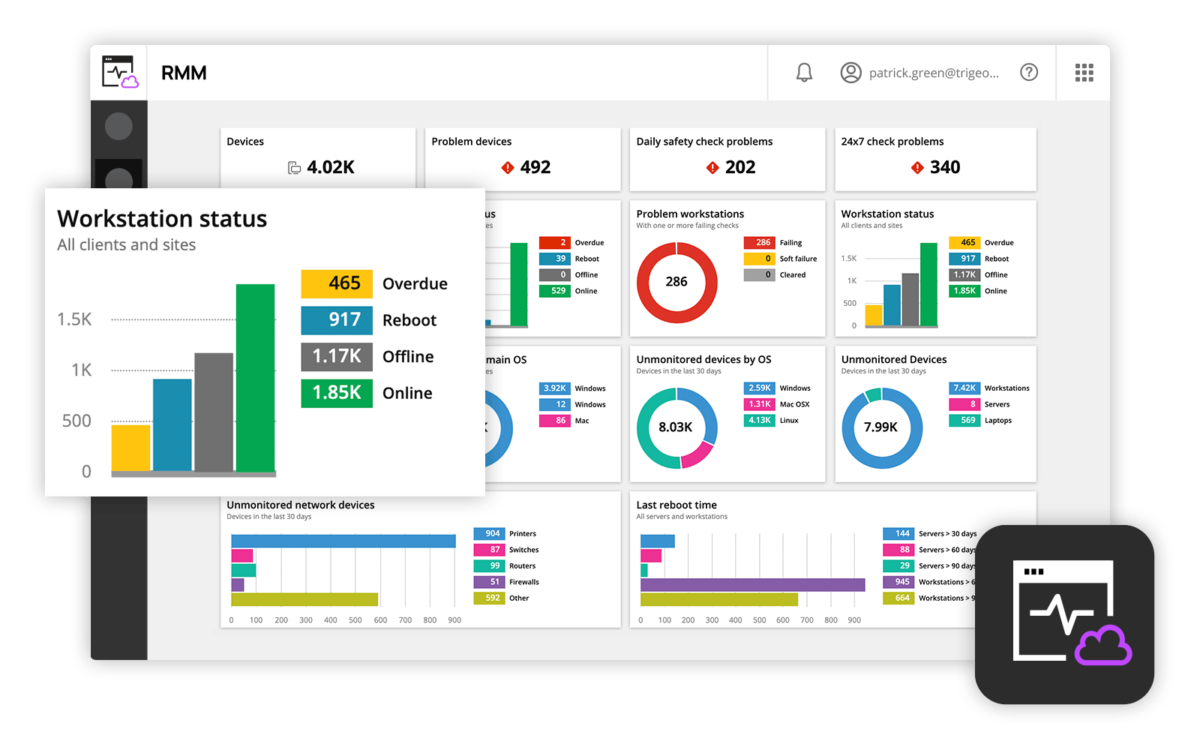
Threats like Log4j are already unmanageable with normal break/fix tools.
PRAGUE, January 25, 2022 – ZEBRA SYSTEMS, a distributor of N-able solutions in the Czech and Slovak markets, said that the main reasons for traditional IT providers to switch to the MSP model are the need for higher productivity and automation when dealing with increasingly demanding customer requirements. Last year we also saw the emergence of more extensive security threats that can no longer be effectively eliminated with the traditional break/fix approach.
Among the most serious incidents, from the perspective of IT service providers, were supply chain attacks, which allow access to client data through unsecured provider infrastructure. Towards the end of 2021, a vulnerability was discovered in the Log4j library that compromised hundreds of software systems used by organisations around the world. The scale of such attacks is already beyond capabilities of those IT service providers who rely heavily on a reactive approach to incidents.
Many of them are transitioning or adding MSP services to their portfolio, built on proven RMM platforms with integrated cybersecurity tools. Key benefits of integrated remote management and monitoring (RMM) solutions include:
“There have been several security incidents in the last year that point to a drive for greater efficiency in cyberattacks,” said Ondrej Šabata, Sales Engineer for N-able solutions at ZEBRA SYSTEMS. “Unfortunately for IT service providers, this means that they must make at least the same effort to protect their customers. Thus, the necessary trend is to move from a reactive IT service delivery model to a proactive MSP approach using a RMM platform integrating security tools such as endpoint protection, email protection, password management or patch management.”